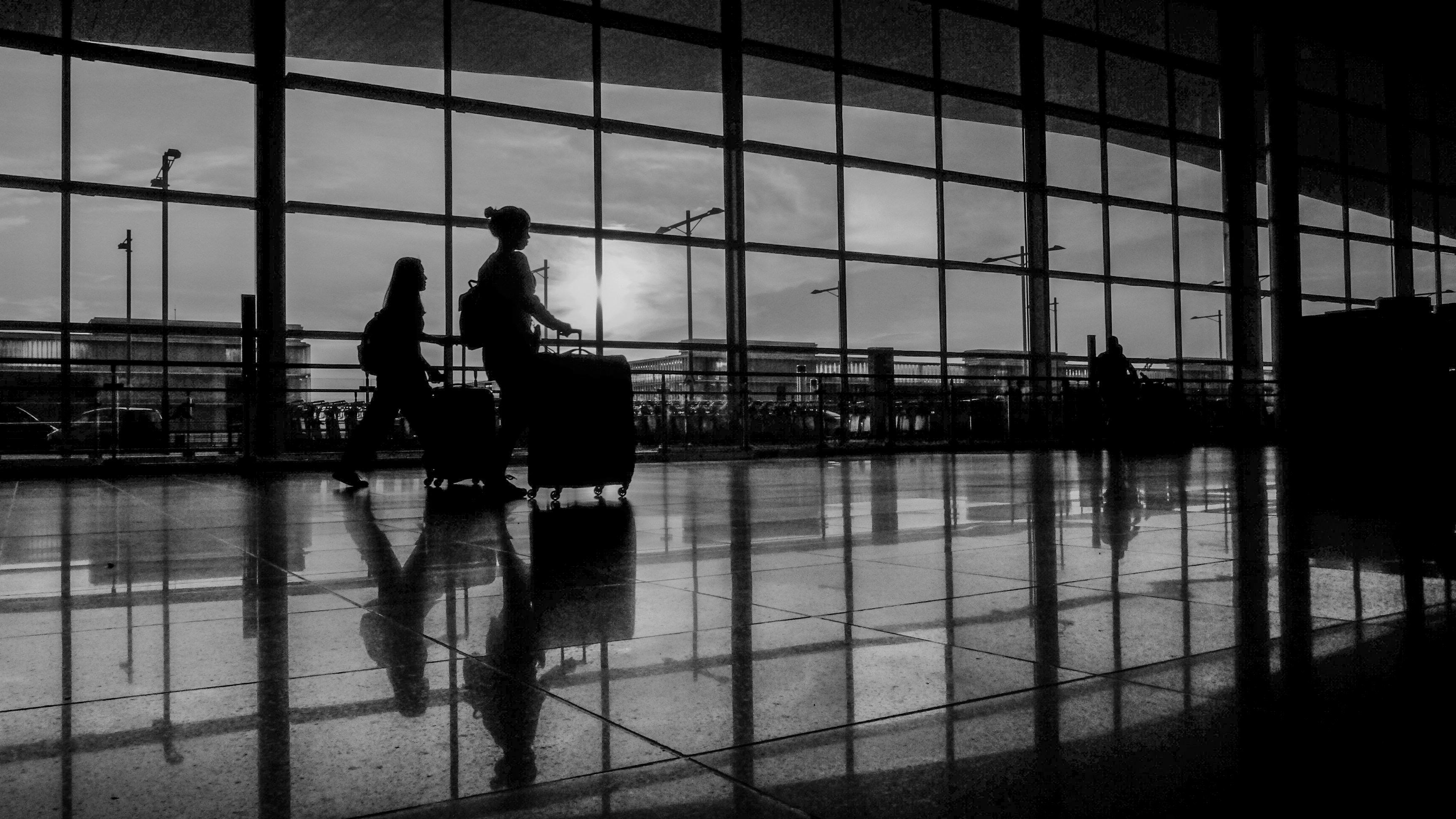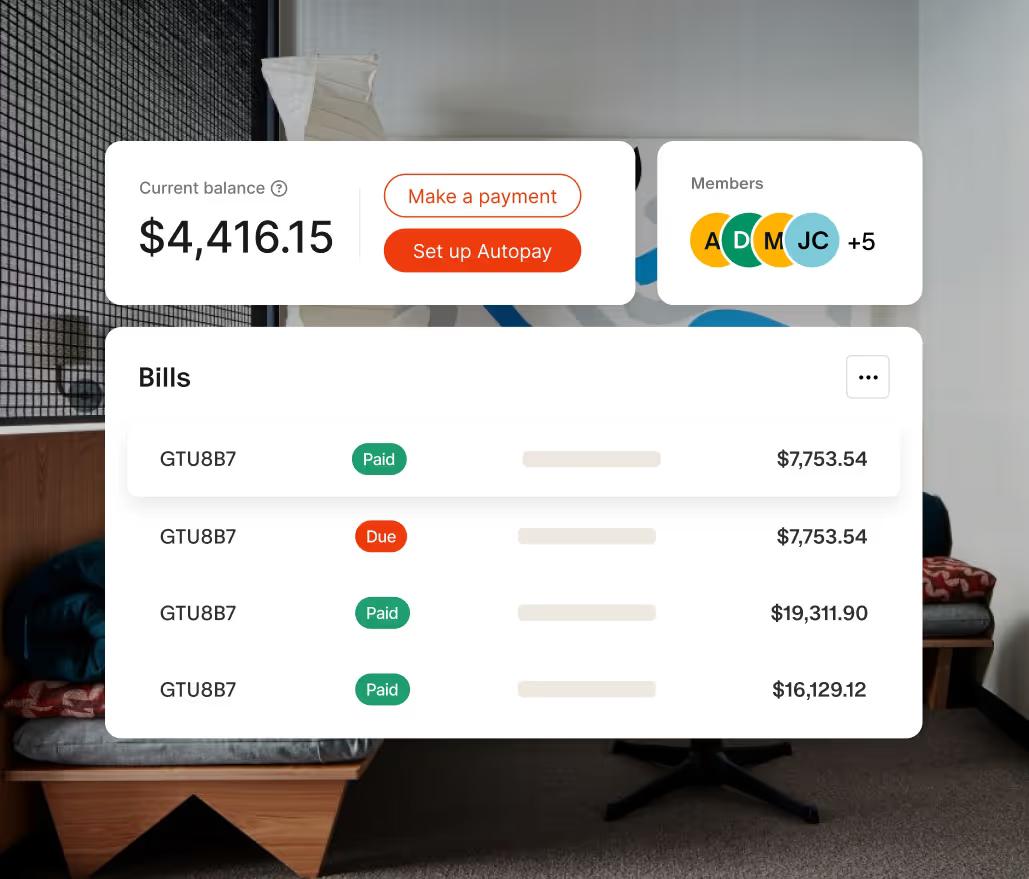Luxury hotel advertising: 11 essential marketing tips

For some travelers, looking for an immersive experience is at the top of their bucket list. People seeking “experiential” vacations—like going to Monaco to see an F1 race—generated $1 trillion USD in 2024, and the market forecasts a 14% expansion for 2025, with continued growth expectations.
Five-star accommodations can attract this valued market segment by launching an effective luxury hotel marketing campaign. But to be successful, luxury hotel advertising must bridge the gap between unique and unforgettable experiences and luxury. Read on for ideas on how to develop that connection, create brand awareness, and attract new and affluent patrons.
What defines a luxury hotel?
A luxury hotel is characterized by exclusive amenities, personalized service, and refined environments.
Experiential travelers are willing to pay for these privileges, with 58% of affluent tourists increasing their budget to accommodate a unique destination.
Typically, a luxury hotel is defined by the following:
- Premium service: The concierge and staff are highly skilled and attentive. They anticipate guest needs and provide a seamless, personalized, and unforgettable experience.
- Signature amenities: Five-star hotel services, such as spas, fitness centers, and concierge services, enhance the guest experience.
- High-end design: Opulent decor contributes to a luxury hotel’s appeal, with custom-designed furniture, bespoke linens, and warm lighting producing a lavish ambiance.
For hotel marketing managers, emphasizing these extravagances helps to stand out in the crowded hospitality industry.
11 luxury hotel marketing ideas
Whether you work with a luxury hotel marketing agency or on your own, here are 11 ideas to incorporate into your hotel’s marketing strategy.
1. Optimize the hotel website
The hotel’s website should showcase its exclusive hospitality options and underscore its unique aesthetics. Leverage professional photography and guided video tours to bring the hotel’s story to life and target travelers interested in your unique brand proposition.
2. Sell the experience through targeted copywriting
Focus hotel website and advertisement copy on highlighting the unique features that set it apart. Targeted copywriting is essential for creating optimized content that connects your accommodations with discerning, affluent travelers.
Consider incorporating common hospitality industry SEO keywords into your copy to cast the widest possible net. This will increase the chances that your hotel will appear in the search results of people searching for your services directly, but also those with similar objectives.
3. Build brand awareness through imagery
Visitors to the website or consumers of online display ads should absorb the excellence of the locale, and be able to visualize themselves within those images. For example, if you have a stunning central foyer in your hotel, make sure it’s somewhere central on your website.
4. Focus on points of distinction
Consider what amenities or features draw a particular guest to your hotel, and create a brand awareness campaign appealing to that target audience. Your marketing strategy must focus on how your accommodations fulfill a targeted demographic’s wishes for an exceptional experience at a unique destination.
5. Highlight the added value of perks
A simple bulletin promoting discounted stays won’t always attract visitors to a luxury hotel, because affluent guests are often willing to pay more for the privilege of your hospitality. Instead of speaking to cost in your advertising campaigns, address the exclusivities that come with visiting your hotel, such as:
- Gourmet dining opportunities
- Suite upgrades
- Late checkout options
- Personalized and dedicated concierge service
- Customized spa and wellness treatments
- Exclusive welcome gifts
These extras emphasize your luxury service, make guests feel valued and welcomed, and encourage return bookings.
6. Center the customer experience
Marketing and advertising campaigns should connect personally with your target audience and make your customers understand they’re more than just numbers. Tailor messaging to align with guests' specific needs and desires. Engaging in customer-centric advertising strategies, like offering early-bird discounts during peak seasons, allows marketers to adapt quickly to new booking trends and changing traveler preferences.
7. Find partners
Incorporating influencer marketing into advertising campaigns is a powerful addition to your hotel’s marketing strategy, because these online personalities have an established relationship with a trusting audience. Your marketing campaign can borrow and build on that relationship. Authentic reviews and opinions from an influencer aligned with your brand are highly shareable, expanding your audience of potential guests.
8. Leverage email marketing
While video ads can do the job, don’t underestimate the power of a solid email marketing campaign. A successful email newsletter can quickly cover information tailored to the subscriber’s needs. This might include:
- Insider tips
- Special offers
- Loyalty programs
- Travel guides
- Special events
Email campaigns also provide valuable marketing data, identifying which content resonates best with subscribers.
9. Manage your hotel’s reputation
Talking to your target audience isn’t enough to generate loyalty—you must also demonstrate that you listen to feedback. That means engaging with guests who offer negative comments on review sites or social media and, whenever possible, promptly and graciously addressing the source of their displeasure.
Taking swift, decisive action validates that your hotel cares for its guests, creating an opportunity to enhance your reputation.
10. Don’t overlook local promotional channels
While it’s tempting to focus on the most visible advertising strategies, such as travel influencers, websites, and blogs, don’t forget to connect locally. Small businesses in the area, alt weekly magazines, and local news channels are often a trusted information source. Whenever the hotel participates in an event, whether promotional or charitable, promote it around the neighborhood. This relationship builds a strong local reputation and drives positive word-of-mouth advertising.
11. Diversify your market
Hotels shouldn’t ignore their domestic market. Staycations continue to be a popular tourism trend, and advertising strategies that position your property as an indulgent close-to-home getaway for busy travelers can attract bookings from a new, highly profitable audience.
5 steps for creating a luxury hotel marketing campaign
Developing an effective marketing strategy isn’t as simple as taking a few photos and sending them to your web designer. Here’s a five-step guide so you don’t miss a thing.
1. Identify the target market
Tourists indulging in luxury hospitality are typically affluent travelers who vacation for relaxation, wellness, or cultural immersion. To establish an advertising strategy that speaks to these patrons, you must first understand what drives them to book with you.
Create persona profiles and leverage guest data to uncover insights into behavior and desires. Next, tailor advertising tactics to highlight why your hotel is the accommodation option with the best ability to fulfill their needs.
2. Map out the guest journey
Understanding what guests seek during their visit will help further personalize advertisements and promotional campaigns. For example, if guests want a low-stress vacation with high-end amenities, focus ads on the ease of your check-in experience, the high level of your hotel’s staff professionalism, and the convenience of your hospitality services.
3. Establish a media plan
A media plan defines your marketing campaign’s objectives and key performance indicators. For example, if most visitors find their way to your property through travel blogs, you might consider purchasing display advertising on sites catering to your preferred audience.
4. Create targeted ads
Considering your demographic, decide whether to opt for traditional travel magazine advertisements, tourism commercials on TV, display ads on websites and blogs, or all of the above.
No matter the advertising channel, use eye-catching visuals to highlight the property’s unique environment and lavish amenities. Messaging should focus on what sets the accommodations apart and how they fulfill travelers’ desires for a relaxing and indulgent vacation.
5. Test and optimize
Understand advertisement performance conversion rates, website impressions, and other online analytics like guest demographics to determine the effectiveness of your marketing strategy. If the data shows that advertisements aren’t attracting bookings, pause the campaign for retargeting, adjust, and then relaunch.
Take your hotel marketing strategies to the next level with Engine
Whether you operate an upmarket boutique hotel or an international chain of opulent resorts, don’t limit your marketing campaigns to legacy media channels. Partnering with Engine boosts your profile and helps attract profitable group bookings for business and leisure travelers.
Join Engine’s Partner Hub for free and receive a $100 credit to help launch your first marketing campaign.


.jpg)



.jpg)

.avif)




.jpg)





.avif)




![How to Get the Best Hotel Deals and Rewards [Infographic]](https://cdn.prod.website-files.com/66a41388b1be9ba182f1e80c/66a41388b1be9ba182f1f257_Windsor_Hotel_-_in_winter.avif)




.jpg)



.jpg)





.avif)
.avif)



